If gearheads were asked to choose just one car to represent the American auto industry, it would likely be a muscle car. Muscle cars have been the pride and joy of the American auto industry since the ’60s, when manufacturers started equipping intermediate-sized vehicles with massive V8 engines. Since then, manufacturers have built many iconic muscle car models, including modern versions, such as the Ford Mustang, Dodge Challenger, and Chevy Camaro.
There’s a lot to love about muscle cars – their unique designs, presence, and, of course, loud and powerful engines. However, while we all love muscle cars, they’re not perfect. Like all other types of cars, muscle cars have their problems. Let’s explore ten glaring problems that affect muscle cars.
10 Terrible Fuel Economy
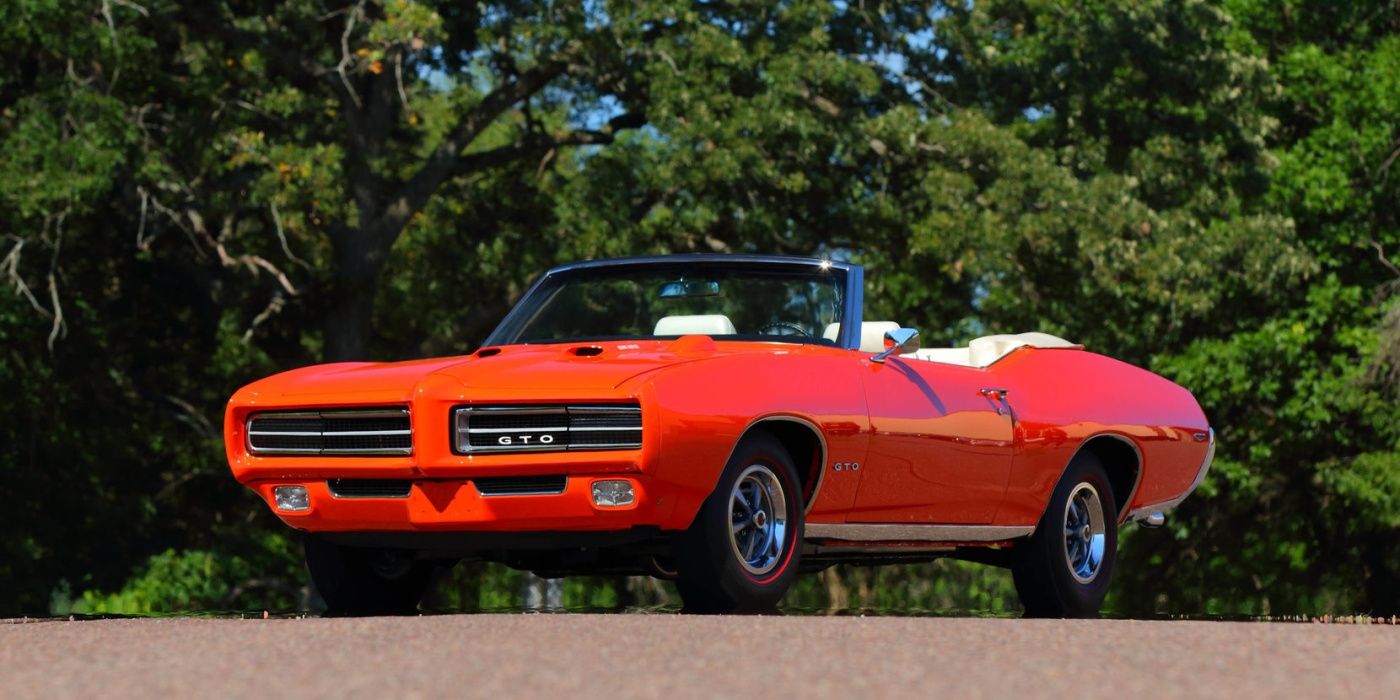
The American auto industry is currently going through one of the toughest periods ever, as gas prices are higher than they’ve ever been. Gas prices have been hovering around $4.30 per gallon and are expected to remain like this until the conflict between Russia and Ukraine is resolved.
.jpg)
This is bad news for every motorist, but more so for those who own muscle cars. Muscle cars are some of the least efficient vehicles on the market, as they typically have the largest engine displacements. For instance, the Dodge Challenger SRT Demon achieves around 15 mpg.
9 They Are Expensive
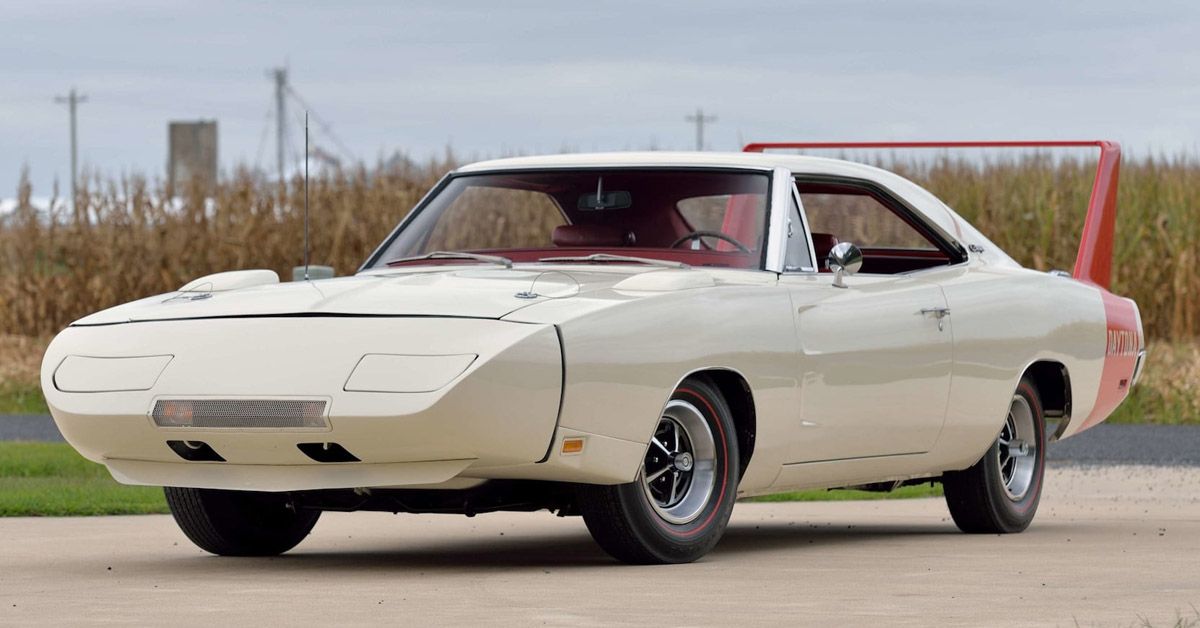
If you want a good muscle car, you’re going to have to dig deep into your pockets. This applies to all kinds of muscle cars, but more so for classics. A retro muscle car in good condition can even cost millions depending on the model, mileage, rarity, and other factors. For instance, a 1965 Ford Mustang Shelby GT350R stunned the world when it sold for a crazy $3.8 million in 2020.

Modern muscle cars can also be pricey. For example, the 2022 Mustang Shelby GT500 costs $73,000, which is enough to buy some of the best European sports cars.
8 Poor Handling

Although modern muscle cars have improved drastically in the handling department, they’re still miles behind other performance cars when it comes to cornering. Muscle cars were initially developed with straight-line speed in mind, as they were typically used for drag racing.

The immense weight coupled with unsatisfactory suspension systems makes cornering difficult in muscle cars.
7 Low Horsepower For The Engine Size
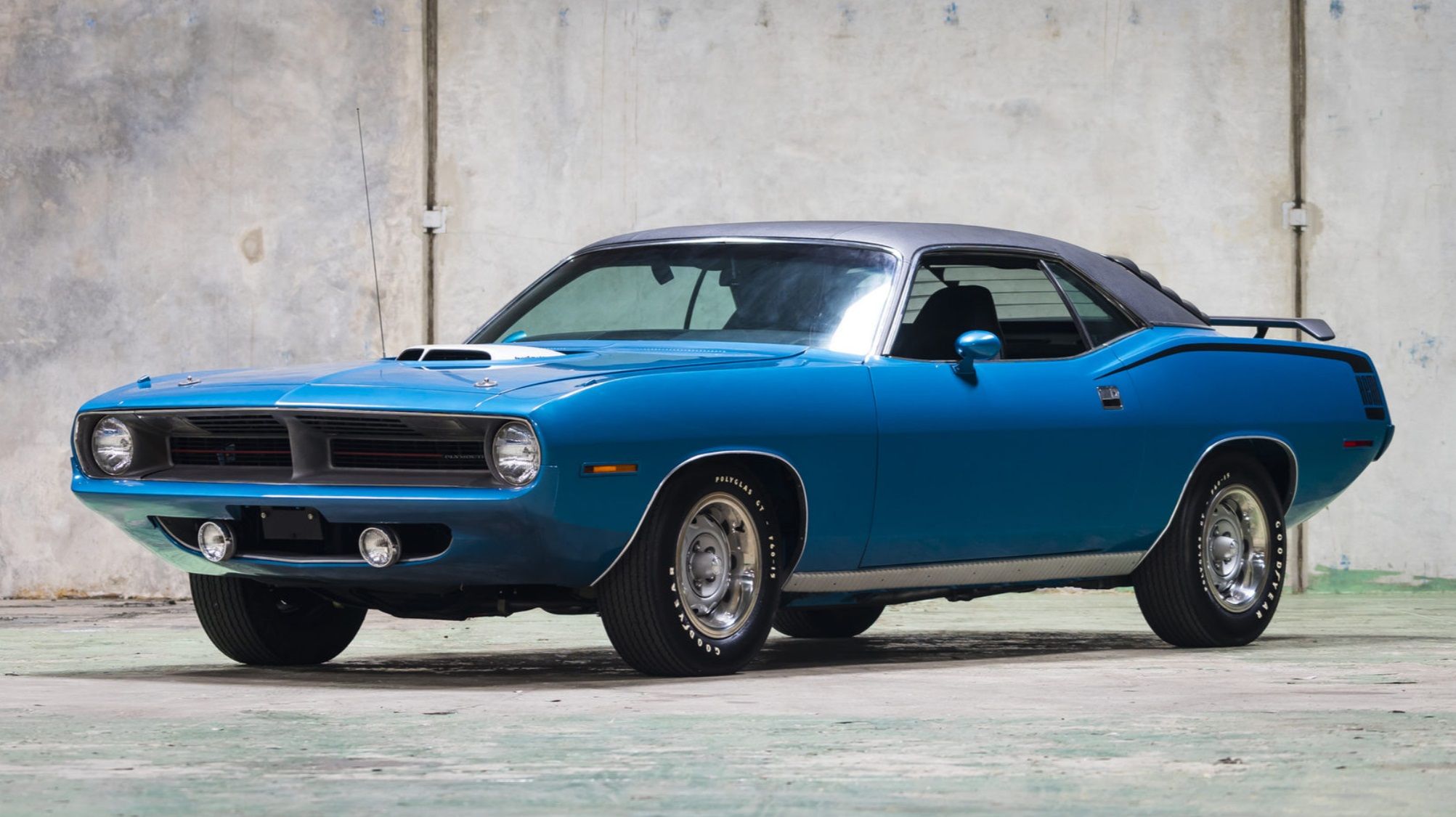
One of the main identifying features of a muscle car is having a massive V8 engine under the hood. While these engines may sound great, their horsepower per liter numbers are low compared to sports cars.
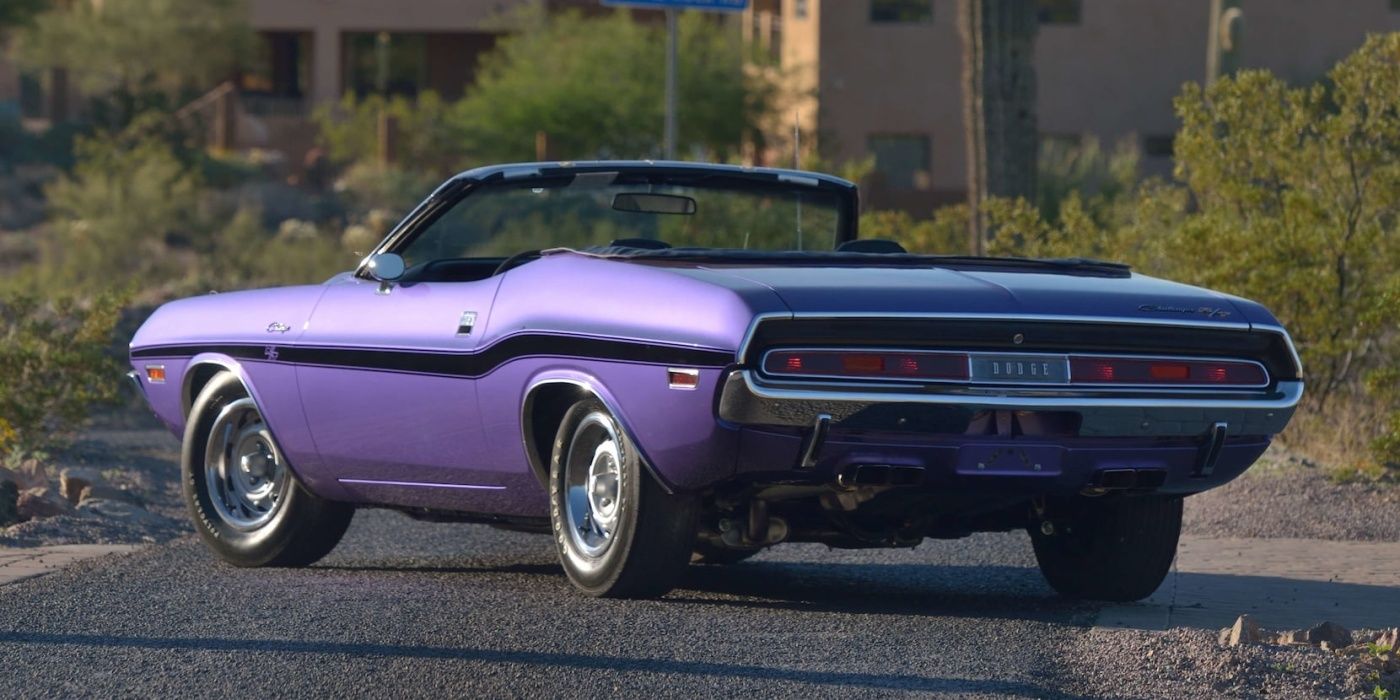
For instance, the top-of-the-range 1970 Dodge Challenger’s 426 Hemi V8 only made 425 hp. In contrast, the Honda S2000’s 2.2-liter four-cylinder makes 239 hp. If the Honda’s engine had as large a displacement as the Challenger’s, it would potentially make 760 hp.
6 Costly Maintenance
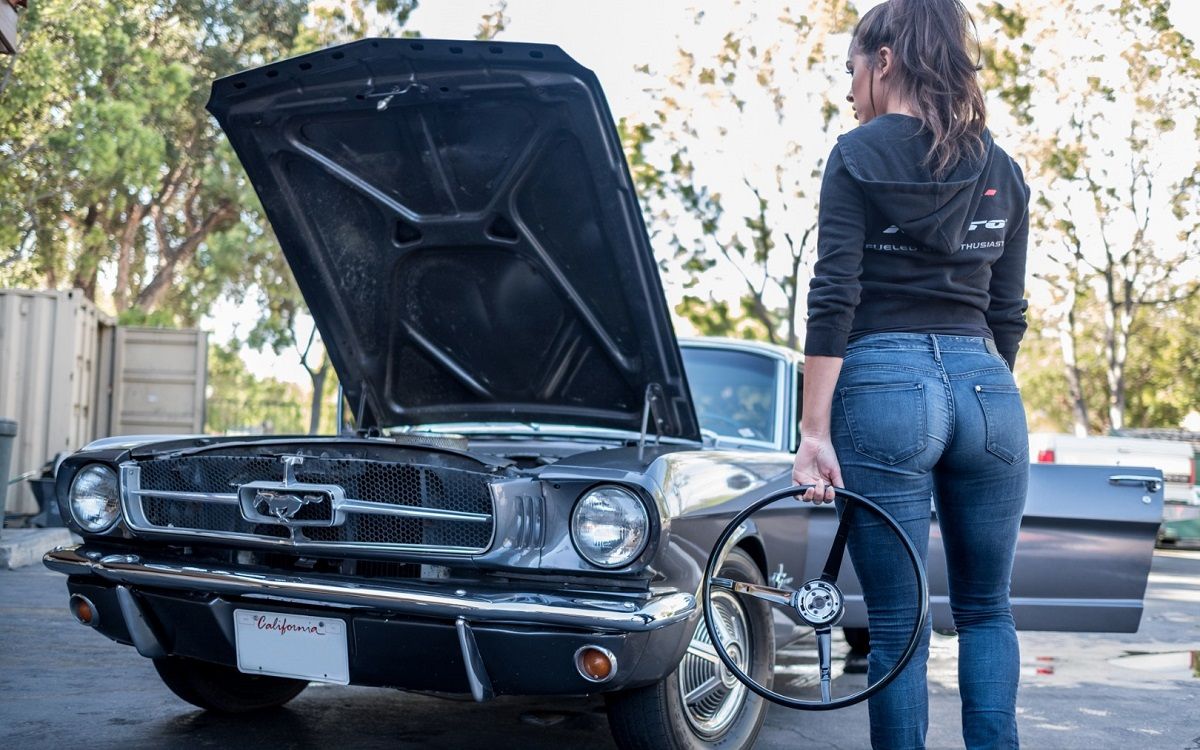
Muscle cars are not meant to be driven every day, but if you do, be ready to spend a lot of money on maintenance. That’s to be expected of any car with an engine as big as that of a typical muscle car.
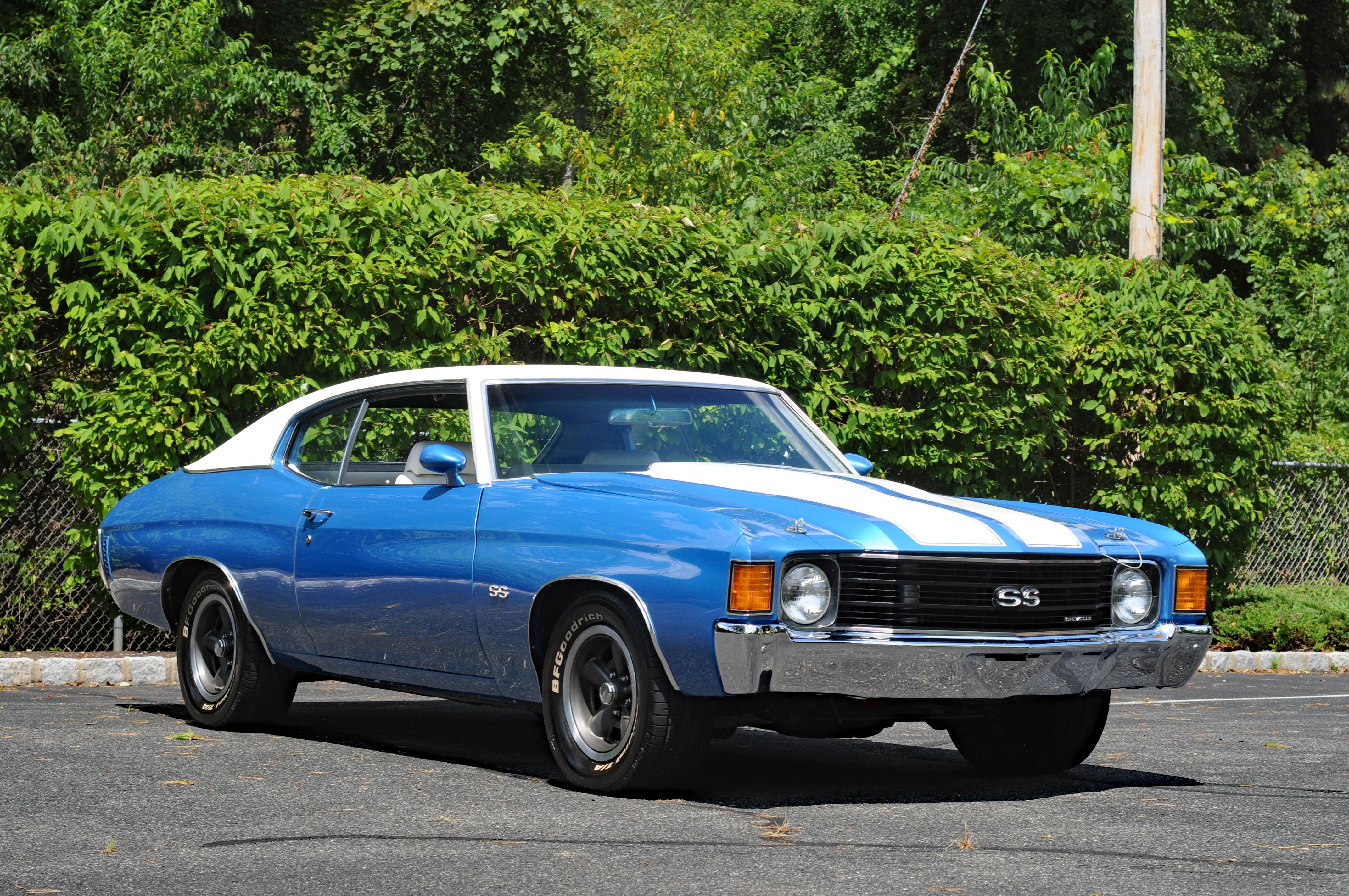
It gets even worse for classic muscle cars. Having been around for decades, parts are more susceptible to damage. On top of that, it can be challenging to find spare parts for older muscle cars, and if you do find them, they’ll often be expensive.
5 They Are Too Heavy

Manufacturers don’t pay as much attention to weight when building muscle cars as they do when building sports cars. Weight-saving measures like the extensive use of carbon fiber are a rare sight in muscle cars, which is why they typically weigh over 4,000 lbs.

Looking at a muscle car, you can clearly see where the weight is coming from. For starters, their massive V8 engines are pretty heavy. On top of that, muscle cars have large dimensions, thick steel bodies, and lots of comfort features that add to the weight.
4 Their Noise Will Earn You Enemies
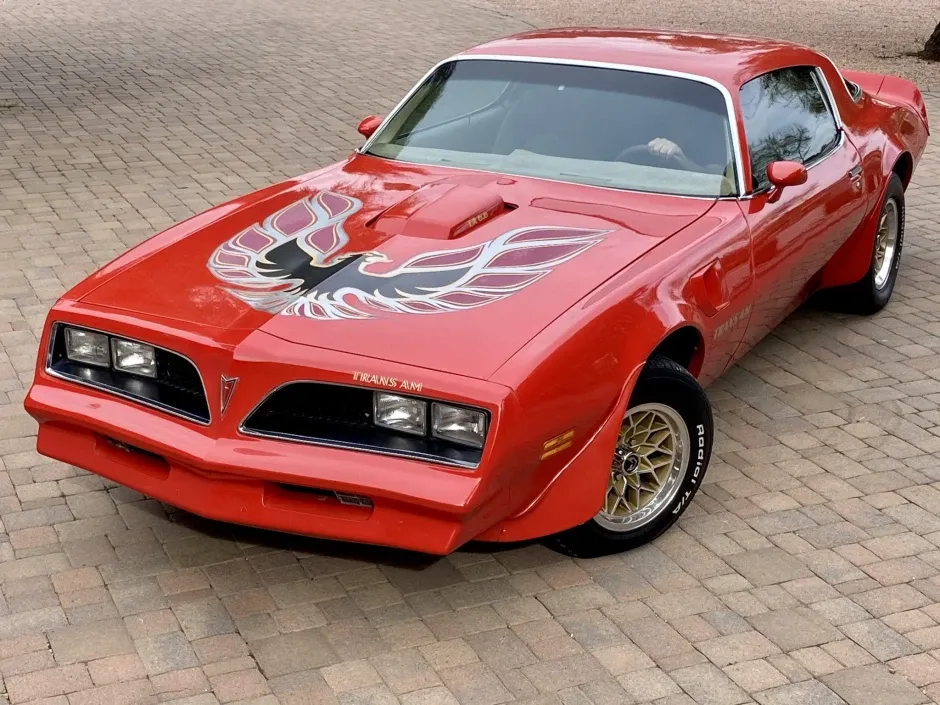
One of the main reasons why gearheads love muscle cars is the sound of their roaring V8s. Without a doubt, muscle cars have some of the most beautiful exhaust notes we’ve heard.
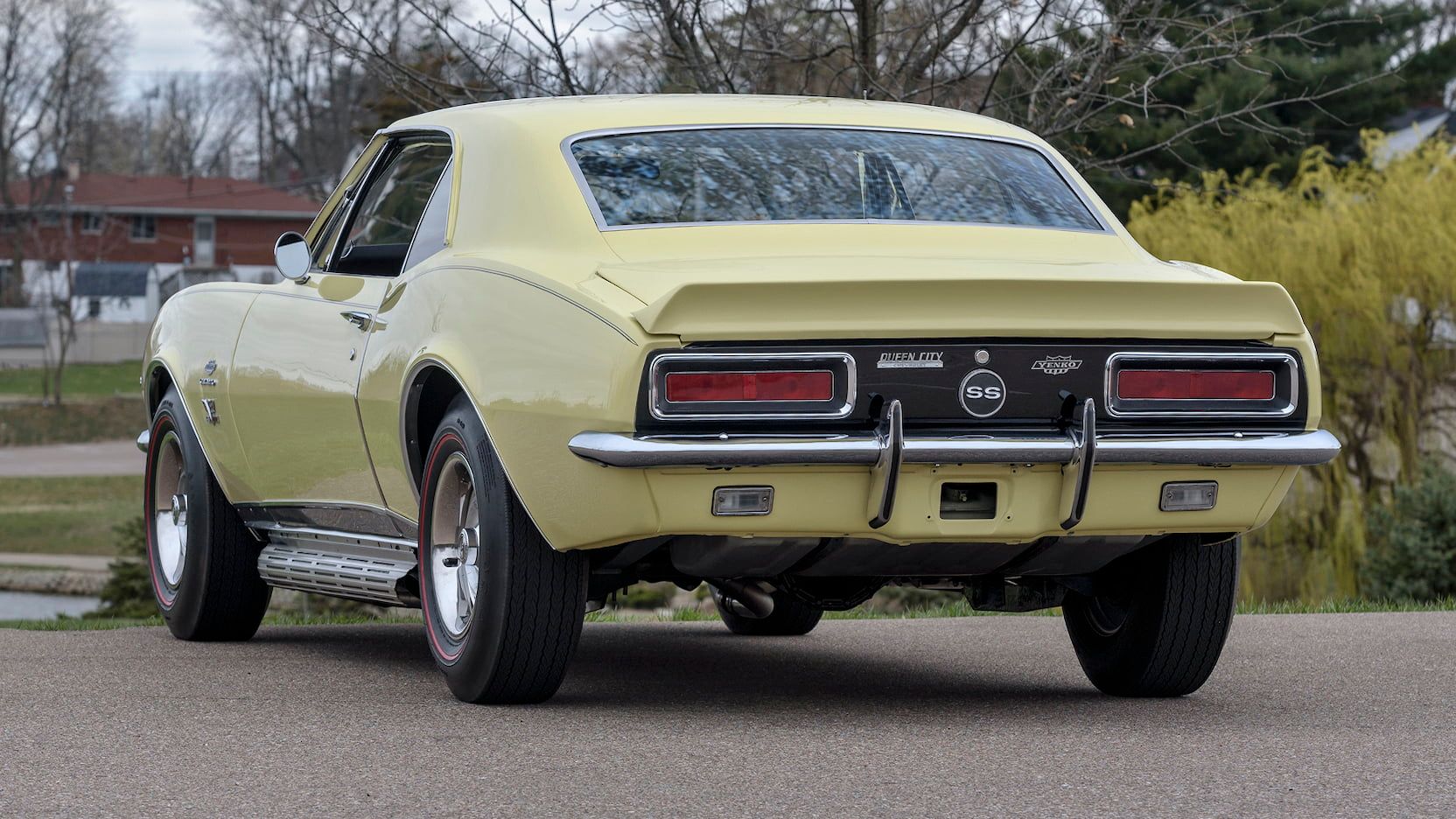
While you may enjoy the sound of your muscle car, not everyone will. Your neighbors may end up hating your guts for it, especially if you make a habit of driving around at odd hours of the night.
3 Expensive Insurance
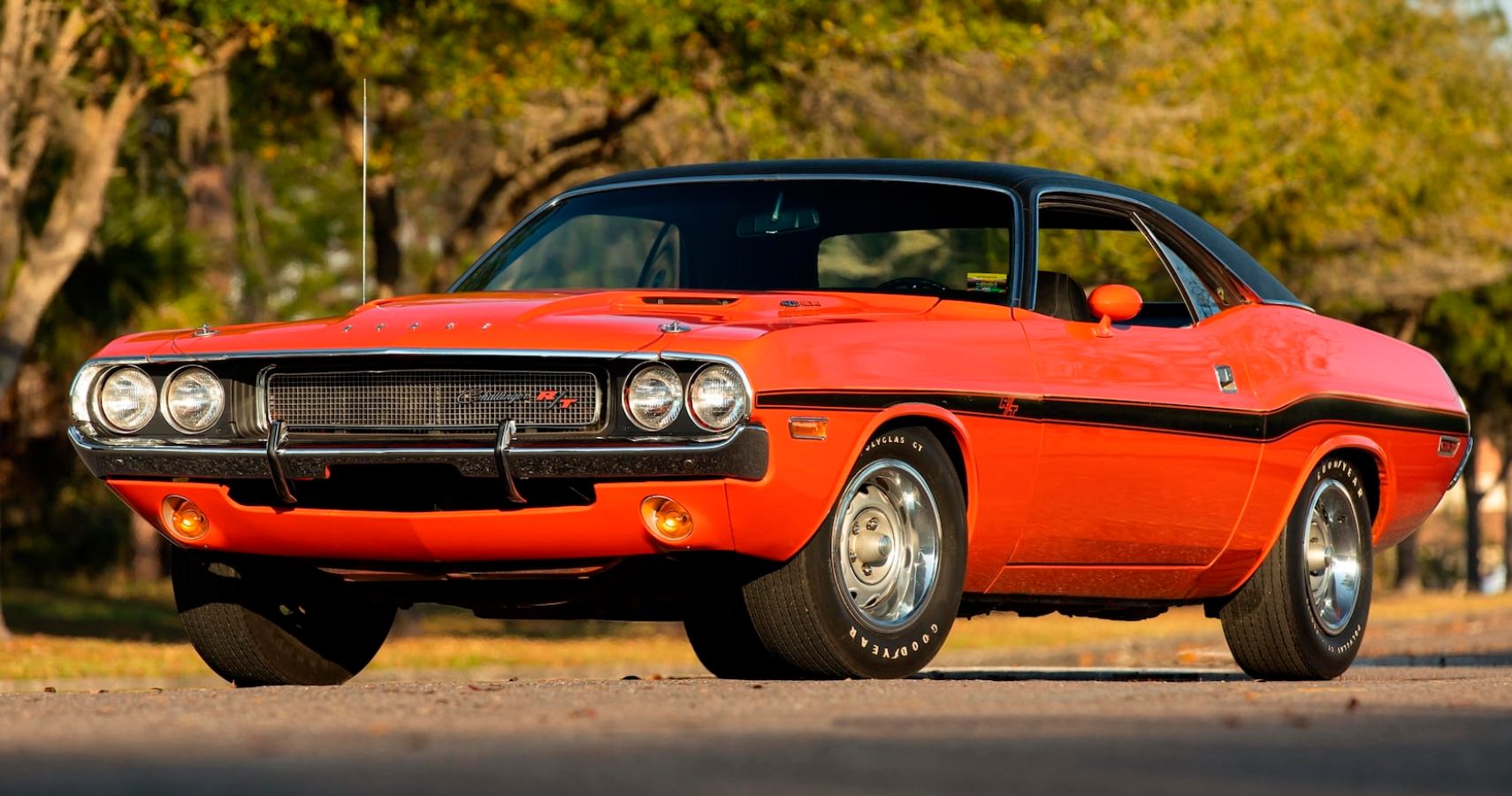
One of the most overlooked muscle car problems is the high cost of insurance. First of all, muscle car premiums are typically higher than other cars, since they cost more and have a higher risk factor on average.
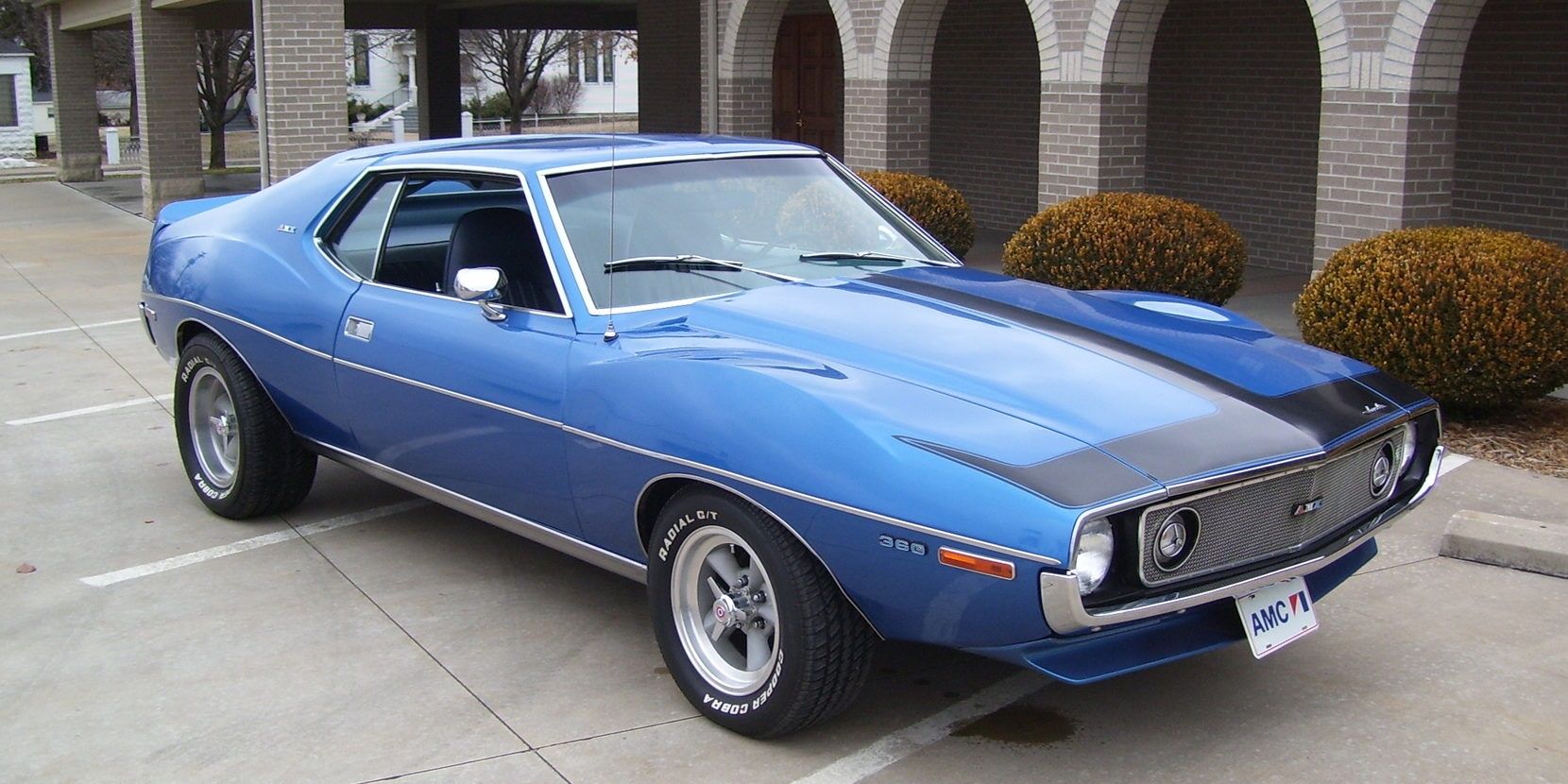
On top of that, you may require a special type of insurance for your muscle car.
2 Cop Magnets
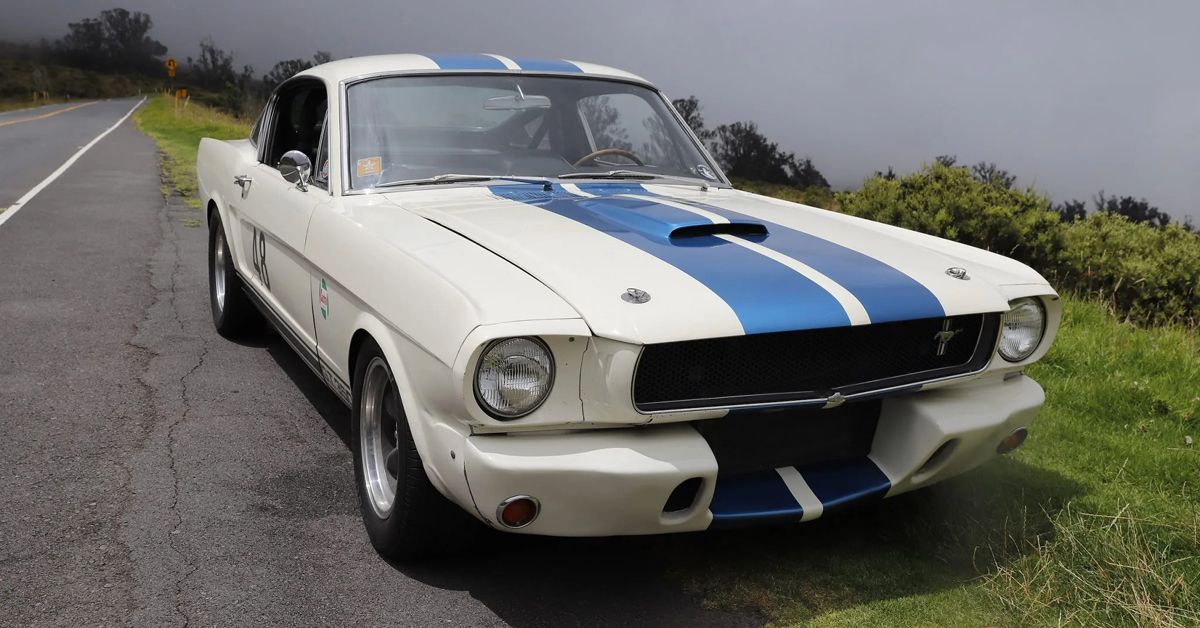
If there’s one thing that pop culture has taught us, it’s that muscle car drivers love breaking the law. While that doesn’t apply to everyone, there’s certainly some truth to it. When you own a muscle car, it’s always tempting to test its limits, even when on public roads.
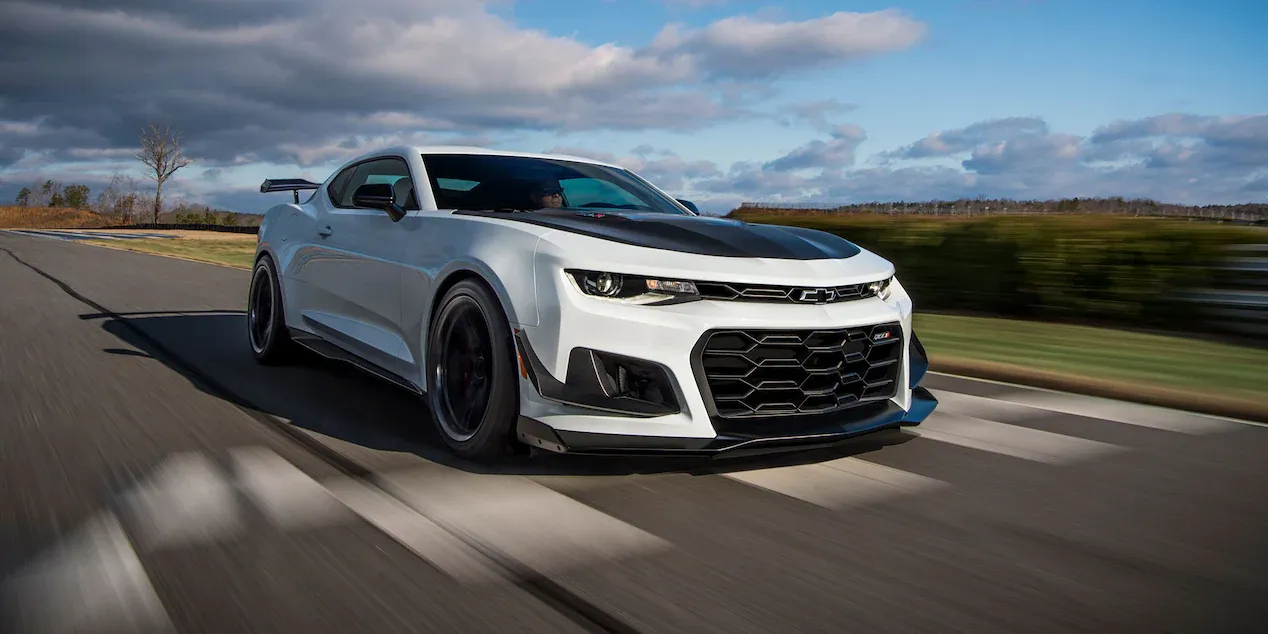
As such, cops are typically attracted to muscle cars more than the average car. Even if you’re not getting a ticket, you’ll probably still be stopped by a cop who wants to take a closer look.
1 Bad For The Environment
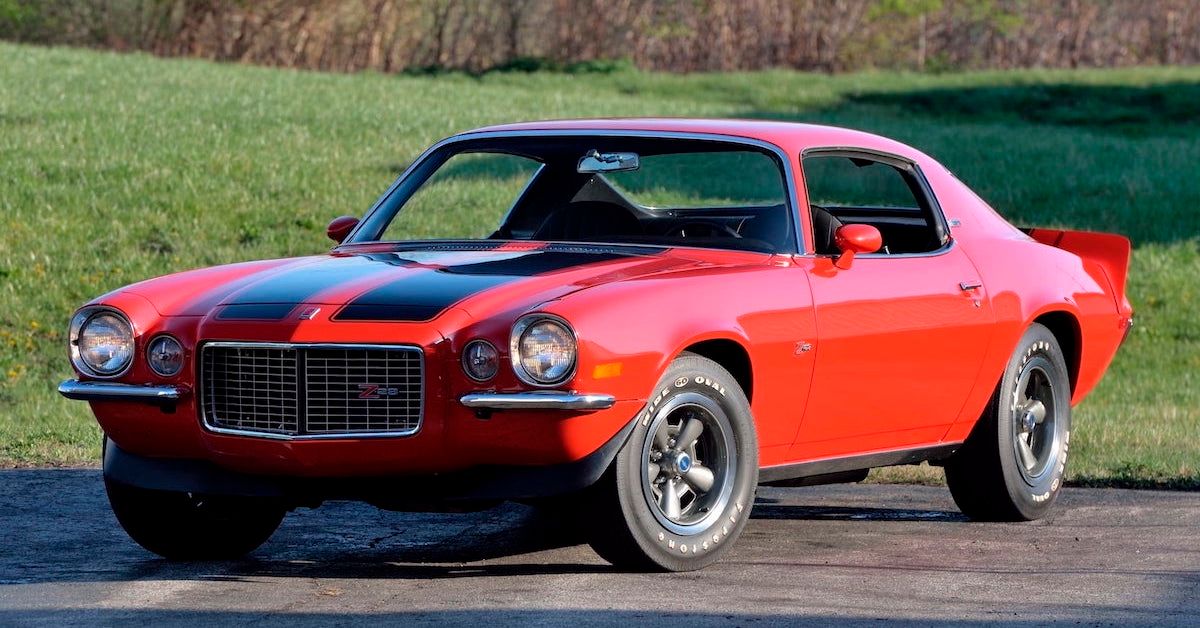
Climate change is one of the hottest topics in the world right now. Everyone is trying to do something to reduce environmental pollution, and since cars are among the biggest polluters, they’re being targeted by governments and environmental protection bodies.

If you own a muscle car, you probably get more than a few dirty looks from eco-warriors every time you rev that engine. That’s because they’re less efficient than other cars.
Read Next
About The Author
